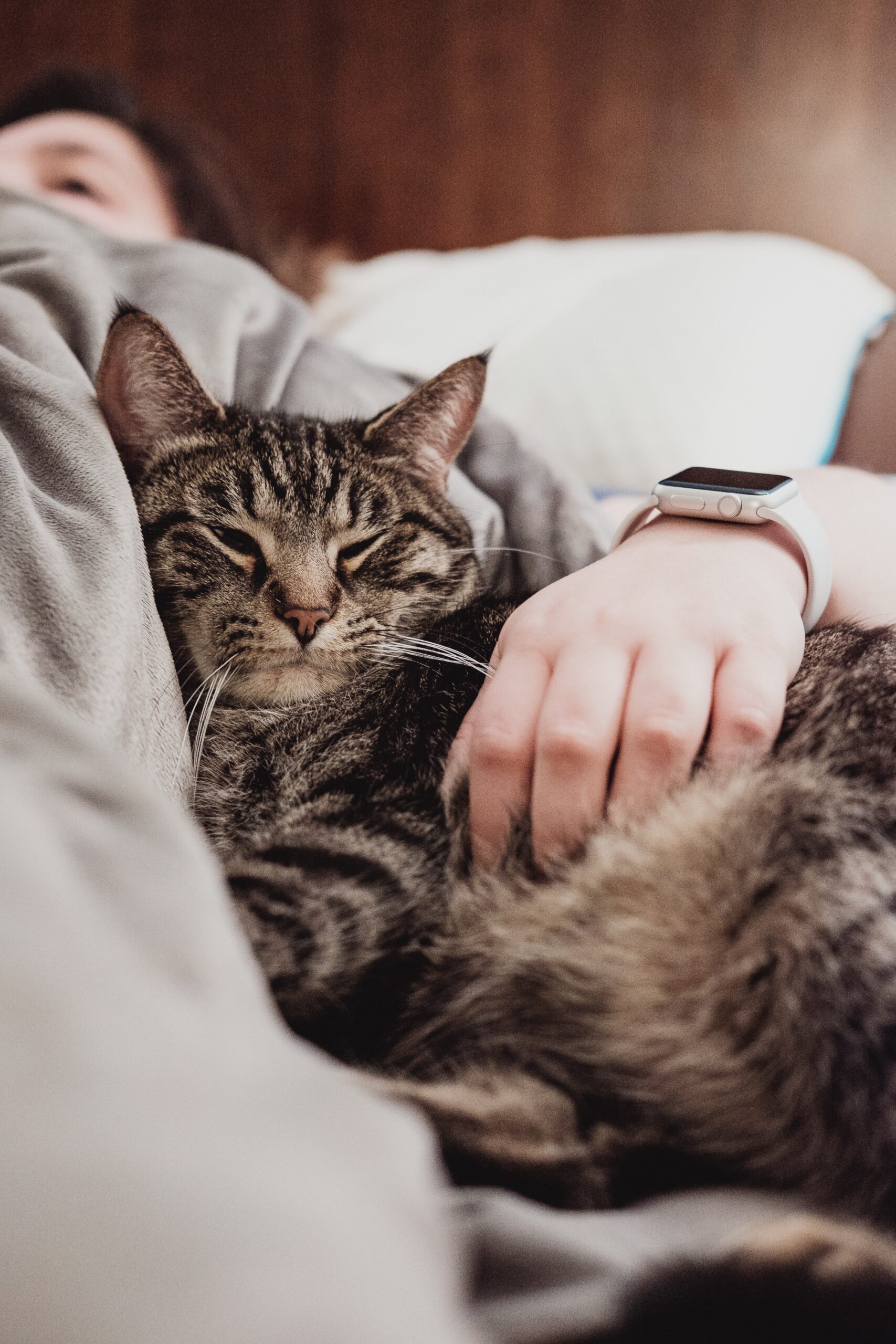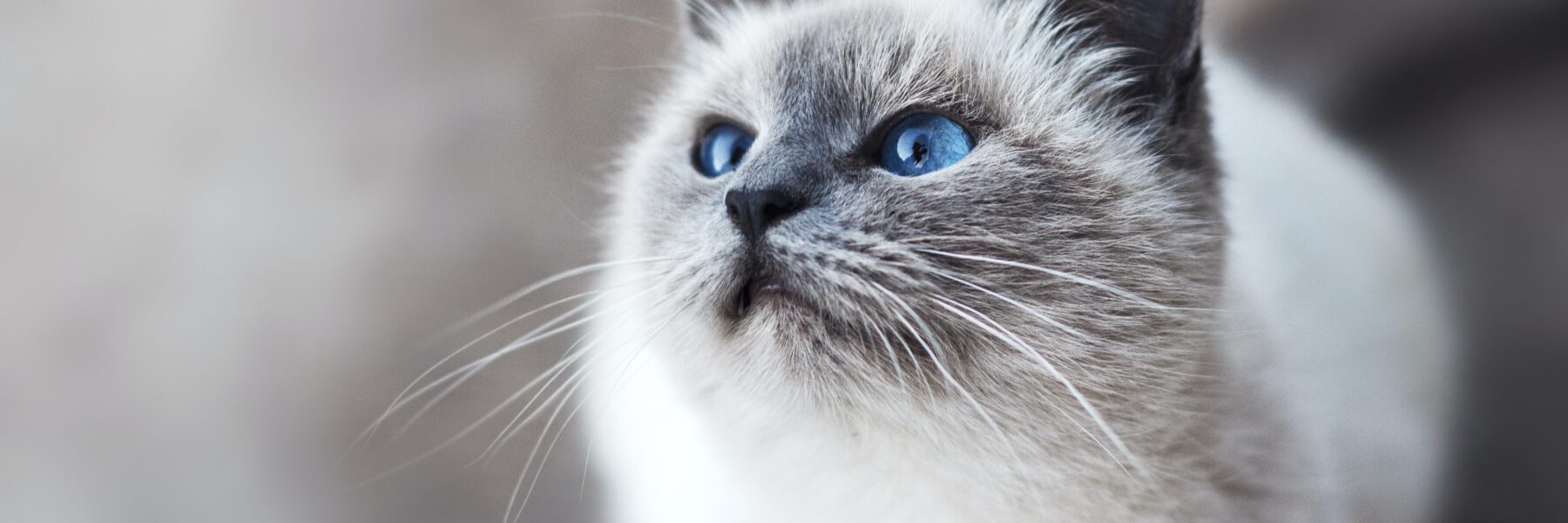Are you a cat owner who loves cooking with herbs and spices? If so, you may have wondered whether it’s safe to share some of your favorite ingredients with your feline friend. In this article, we will explore the question: Can cats eat rosemary? Rosemary is a popular herb known for its aromatic fragrance and culinary uses, but is it safe for your furry companion to consume? Let’s delve into the details and find out if cats can enjoy a taste of this fragrant herb.

This image is property of images.unsplash.com.
Can Cats Eat Rosemary
Overview of Rosemary
Rosemary is a fragrant and versatile herb that is commonly used in cooking to add flavor to various dishes. It is native to the Mediterranean region and has been used for centuries in culinary and medicinal applications. The herb is known for its strong aroma and distinct pine-like taste, which can enhance the taste of many dishes. But can cats safely consume rosemary?
Dietary Needs and Restrictions of Cats
Before we delve into whether or not cats can eat rosemary, it’s important to understand their dietary needs and restrictions. Cats are obligate carnivores, which means they primarily thrive on a diet of meat. Their digestive systems are designed to efficiently process and metabolize animal protein. Therefore, their nutritional requirements differ significantly from those of omnivores or herbivores.
While cats can benefit from certain plant-based substances, such as fiber and antioxidants, their bodies are not adapted to derive essential nutrients from plant sources. This is why it’s crucial to carefully evaluate the safety and potential benefits or risks associated with feeding cats any plant-derived substances, including rosemary.
Safety of Rosemary for Cats
Rosemary is generally considered safe for cats when used in moderation and prepared properly. However, it’s important to note that some cats may have allergies or sensitivities to certain plants, including rosemary. It’s always best to introduce new foods gradually and observe your cat’s reaction in order to identify any potential adverse effects.
Benefits of Rosemary for Cats
Antioxidant Properties
Rosemary contains a compound called rosmarinic acid, which has potent antioxidant properties. Antioxidants help protect the body’s cells from damage caused by harmful free radicals. While cats produce their own antioxidants, the additional intake of antioxidant-rich foods like rosemary may provide an extra health boost. However, it’s important to remember that cats have different requirements than humans, so moderation is key.
Digestive Aid
Rosemary has been traditionally used to promote healthy digestion due to its carminative properties, which can help relieve bloating and gas. While there is limited scientific research specifically focused on cats, some cat owners report that rosemary has aided in their cats’ digestion. As always, if you notice any unusual digestive symptoms in your cat, consult with a veterinarian.
Anti-inflammatory Effects
Another potential benefit of rosemary for cats is its anti-inflammatory properties. Inflammation can be a key contributor to various health issues, including joint pain and arthritis. Some studies suggest that rosemary may help reduce inflammation, although more research is needed specifically in the context of feline health. It’s important to consult with a veterinarian before using rosemary as a potential anti-inflammatory treatment for your cat.
Improves Breath
Cats aren’t exactly known for having the freshest breath, but rosemary may offer a natural remedy. Chewing on a small quantity of fresh rosemary leaves can help freshen your cat’s breath. However, it’s worth noting that bad breath can also be a sign of dental issues or an underlying health problem. If your cat consistently has foul breath, it’s important to consult with a veterinarian.
Stress Relief
Some cat owners believe that the aroma of rosemary has a calming effect on their feline companions, which can help reduce stress and anxiety. While anecdotal evidence suggests that the scent of rosemary can promote relaxation in some cats, this hasn’t been thoroughly researched or scientifically proven. Nevertheless, if your cat seems to enjoy the scent of rosemary, you can explore its potential stress-relieving benefits under the guidance of a veterinarian.
Potential Risks and Considerations
Toxicity to Cats
While rosemary is generally safe for cats, it’s important to be aware that certain parts of the plant, such as the essential oil, can be toxic to cats in large quantities. The toxic compounds are known as terpenes, which can cause gastrointestinal upset, drooling, and even seizures in cats. It’s essential to ensure that your cat doesn’t come into contact with concentrated rosemary essential oil, as this increases the risk of toxicity.
Digestive Upset
Despite its potential digestive benefits, some cats may experience stomach upset or diarrhea when consuming rosemary. This is why it’s important to introduce any new food or herb in small quantities and observe your cat’s reaction carefully. If you notice any signs of digestive upset, such as vomiting or changes in bowel movements, discontinue the use of rosemary and consult with a veterinarian.
Allergic Reactions
Just like humans, cats can develop allergies to various substances, including plants like rosemary. Allergic reactions can manifest as skin irritation, itching, or gastrointestinal symptoms. If you notice any signs of an allergic reaction in your cat after consuming rosemary, such as excessive scratching or vomiting, discontinue use immediately and seek veterinary advice.
Potential Interactions with Medications
If your cat is currently taking medications or has an underlying medical condition, it’s crucial to consult with a veterinarian before introducing rosemary into their diet. Some compounds in rosemary can potentially interact with certain medications, especially those metabolized by the liver. Your veterinarian will be able to provide guidance on any potential drug interactions and determine if rosemary is safe for your cat.
Feeding Methods
When incorporating rosemary into your cat’s diet, it’s important to remember that cats are sensitive to strong flavors and fragrances. Instead of directly feeding your cat large amounts of rosemary, consider using it as a seasoning in homemade cat treats or sprinkling a small amount of dried rosemary on their food. Always make sure the rosemary is fresh, properly prepared, and free from any artificial additives.
Recommended Usage and Precautions
Consulting with a Veterinarian
As with any dietary changes, it’s highly recommended to consult with a veterinarian before introducing rosemary or any other herbs into your cat’s diet. A veterinarian will evaluate your cat’s specific health needs and provide proper guidance based on their medical history and current conditions.
Limited and Moderated Intake
While there appear to be potential benefits of rosemary for cats, it’s crucial to remember that moderation is key. Small, infrequent amounts of rosemary can be safely used in your cat’s diet to provide flavor and potential health benefits. However, excessive consumption may lead to adverse effects. Always monitor your cat’s overall health and behavior when introducing new foods, including rosemary.
Avoiding Artificial Additives
When using rosemary for your cat, it’s important to ensure that it’s fresh, natural, and free from any artificial additives, such as preservatives or seasoning blends. Artificial additives can potentially be harmful to cats and may negate any potential benefits of rosemary. Opt for organic or homegrown rosemary whenever possible to ensure the highest quality product.
Proper Preparation and Cooking
If you decide to incorporate rosemary into homemade cat treats or cooked meals, make sure to properly prepare the herb. Remove any woody stems and finely chop the leaves to prevent choking hazards. When cooking, avoid using excessive heat or cooking oils, as high temperatures can break down the beneficial compounds in rosemary.
Observing for any Negative Reactions
Whenever you introduce a new food or herb into your cat’s diet, it’s crucial to observe their reaction closely. Monitor your cat for any signs of digestive upset, allergies, or adverse effects. If you notice any negative reactions, discontinue the use of rosemary and consult with a veterinarian to address any concerns or potential health issues.

This image is property of images.unsplash.com.
Alternatives to Rosemary
Safe Herbs for Cats
If you’re unsure about using rosemary, there are other herbs that are generally safe for cats and can provide similar benefits. Some commonly used herbs for cats include catnip, parsley, and chamomile. As always, consulting with a veterinarian is advised before introducing any new herbs or supplements into your cat’s diet.
Pre-packaged Cat-friendly Herb Mixes
To simplify the process, there are pre-packaged herb mixes available that are specifically formulated for cats. These mixes often contain a blend of safe herbs, such as catnip, valerian root, and peppermint, which can provide both flavor and potential health benefits. These cat-friendly herb mixes can be a convenient option for cat owners looking to enhance their cat’s diet.
Expert-Formulated Cat-Safe Supplements
If you’re seeking a more comprehensive approach to supplementing your cat’s diet, there are expert-formulated cat-safe supplements available on the market. These supplements are designed to support specific aspects of feline health, such as digestion or immune function, and may contain natural herbs and other beneficial ingredients. It’s important to consult with a veterinarian before introducing any supplements to ensure they are safe and appropriate for your cat.
Non-herbal Flavors and Aromas
If you’re considering enhancing the flavor or aroma of your cat’s food without using rosemary or other herbs, there are alternative options available. Some cat-safe flavors and aromas, like tuna or salmon, can be incorporated into your cat’s diet, providing a pleasant scent and taste. Make sure to choose high-quality, cat-specific products to avoid any potential harmful additives.
Common Misconceptions and Facts
Small Quantities Do Not Harm Cats
One common misconception is that feeding small quantities of rosemary to cats is harmless. While this may be true for some cats, it’s crucial to remember that individual sensitivities and allergies can vary. What may be safe for one cat may not be for another. As mentioned earlier, it’s best to introduce small amounts of rosemary gradually and monitor your cat closely for any negative reactions.
Holistic Benefits vs. Nutritional Value
Another important distinction to make is between the holistic benefits and the nutritional value of rosemary for cats. While rosemary may offer potential holistic benefits, such as stress relief or improved breath, it does not offer significant nutritional value to cats. Cats require a balanced diet primarily consisting of meat-based protein to meet their specific dietary needs.
Different Reactions in Individual Cats
Just like humans, cats can have individual reactions to certain foods and herbs. While some cats may enjoy the taste and benefit from rosemary, others may show signs of intolerance or have allergies. It’s essential to be mindful of your cat’s unique needs and preferences when considering adding rosemary or any other ingredient to their diet.

This image is property of images.unsplash.com.
Observation and Care
Monitor Cat’s Behavior and Health
When introducing any new food or herb into your cat’s diet, it’s important to closely monitor their behavior and health. Pay attention to any changes in appetite, digestion, coat quality, or litter box habits. Regular observation can help you identify any potential issues early on and seek appropriate veterinary care if needed.
Maintain a Balanced Diet
It’s crucial to remember that any additional foods or herbs, including rosemary, should be integrated into a well-balanced and nutritionally complete diet for your cat. Consult with your veterinarian to ensure that your cat’s overall dietary needs are being met, and that any additions to their diet are appropriate and safe.
Regular Veterinary Check-ups
Routine veterinary check-ups are essential for the overall health and well-being of your cat. During these visits, you can discuss any dietary changes or concerns related to feeding rosemary to your cat. Your veterinarian can provide personalized advice and guidance based on your cat’s specific needs and health status.
Gradual Introduction of New Foods
When introducing new foods or herbs to your cat’s diet, it’s important to do so gradually. Start with small amounts and slowly increase the quantity over time. This allows your cat’s digestive system to adjust and reduces the chances of digestive upset or adverse reactions.
Conclusion
In conclusion, while rosemary can offer some potential health benefits for cats, it’s important to be cautious and use it in moderation. The herb’s antioxidant properties, digestive aid capabilities, anti-inflammatory effects, breath freshening potential, and possible stress relief properties make it an intriguing option for some cat owners. However, it’s crucial to be aware of the potential risks, such as toxicity, digestive upset, allergies, and adverse interactions with medications. Ultimately, consulting with a veterinarian and monitoring your cat’s reaction and overall health are key factors in determining whether rosemary is a suitable addition to your cat’s diet.


